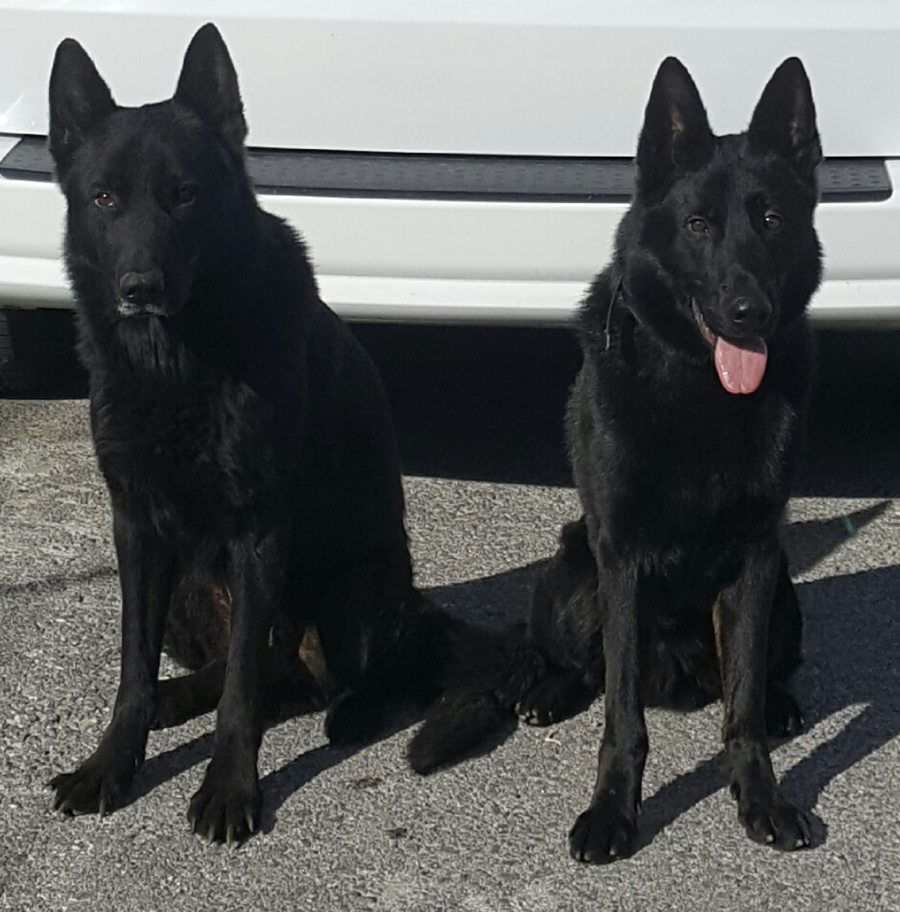

schnauzers
Dog Agression & Dog Socialization
schnauzers
Dog Agression & Dog Socialization
dog socialization
if you have a stable, social, puppy or dog that does well around other dogs then by all means continue socializing your dog. However if your dog is getting into spats or fights when around other dogs you should back off the socialization immediately and get professional help. This is generally good advice regardless of your dogs temperament. A shy, nervous dog is much more likely to trigger and show aggression when scared or overwhelmed, so a situation with too much stimulation may very well trigger the aggressive behaviors you are trying to stop. Conversely a dominant dog may posture and be willing to pick fights with other dogs. If this is allowed to happen uninterrupted, the dog will become much more aggressive and dominant.
DOG AGGRESSION
I often get calls from clients referred to me because their dog is acting aggressively. Often the owner is confused because they"re convinced they've done everything right. The dog has been well socialized, some have attended doggy daycare and often times they have had some form of dog training. On the opposite side of the spectrum is the dog that has had very little or no socialization. Two completely different upbringings yet both have an aggression problem. It seems logical that if a dog has had very little contact with people or dogs that said dog is much more likely to display aggression & territorial behavior when confronted by either. While this is often true there are also many exceptions to this. This tells us that socialization alone is not the only factor at work here. I have trained many dogs with aggression issues. Starting with good foundation work and progressing to more advanced obedience, I will work these dogs more and more around dogs without any kind of formal introduction. The goal here is to teach the dog to perform as flawlessly as possible while being neutral in the presence of known triggers and stressors. This requires a much higher level of confidence and concentration from the dog and I have consistently found that this level of training and control will give you much better results than socialization alone.
the importance of obedience training
Be aware that many young dogs and puppies tolerate dogs when young. However, this may change later depending on the dogs genetics and as maturity develops. This surprises many owners who find it hard to believe that their formerly social dog will now pick and choose who and what they will tolerate. This is where you come in. The best way to counter unwanted aggression or any out of control behaviors is with professional dog training. It's imperative that you learn to stop aggressive behaviors. Aggression is not static, it will increase and escalate as time goes on. If you're having trouble stopping your dog pulling, growling, barking or lunging at things, your sending your dog some very bad signals. The dynamic being created is wrong. The dog is learning to ignore you on the other end of the leash. Consequently bad behaviors and aggression will increase leading to a greater chance that the dog someday will redirect and show aggression directed towards the owner when the owner tries to stop the bad behavior of the dog.







